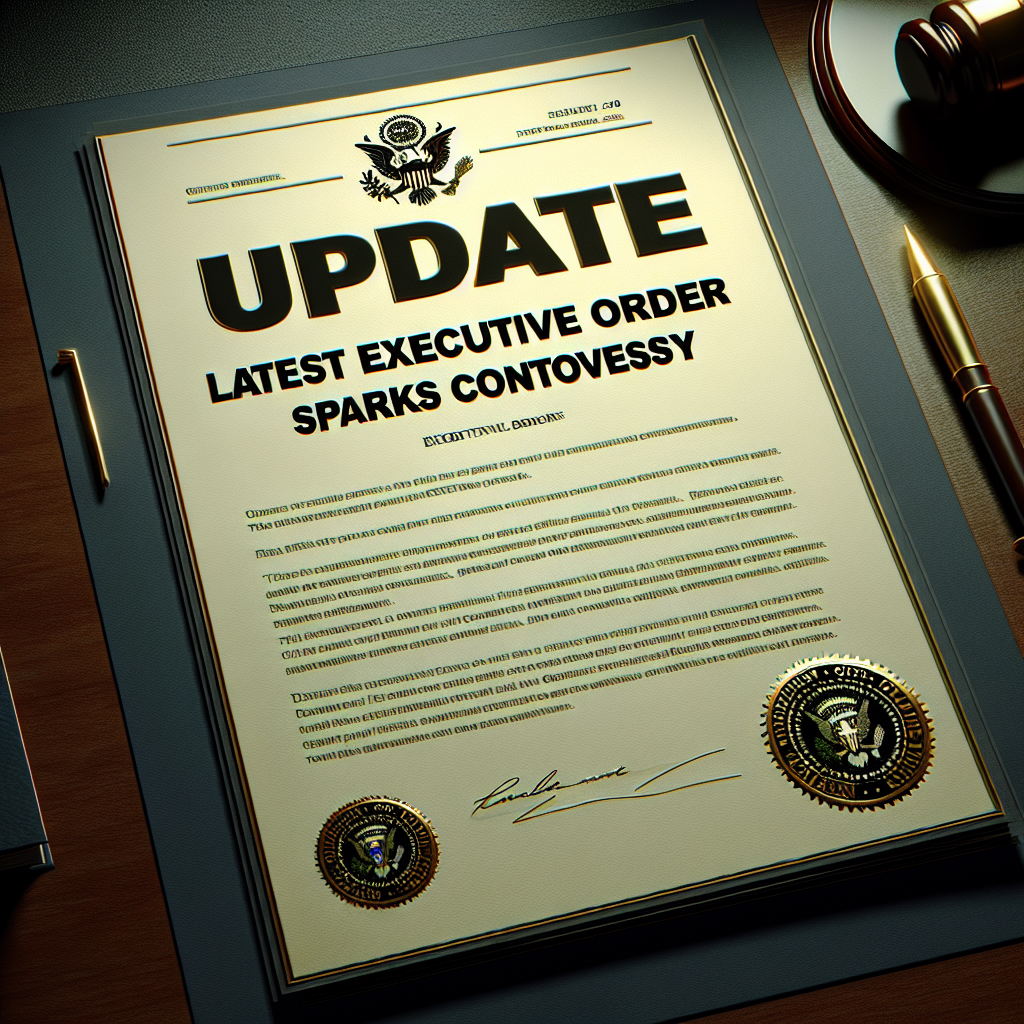President Joe Biden’s latest executive order has sparked controversy across the country. The order, which was signed last week, addresses the issue of gun control and aims to strengthen background checks for firearm purchases.
The executive order mandates that the Department of Justice will issue a proposed rule within 30 days to help stop the proliferation of so-called “ghost guns,” which are homemade firearms that lack serial numbers and are difficult to trace. The order also directs the DOJ to create a model “red flag” law that states can use to allow courts to remove guns from individuals who pose a danger to themselves or others.
While supporters of the executive order view it as a necessary step to address the epidemic of gun violence in the country, opponents argue that the measures infringe upon their Second Amendment rights.
Many Republicans have criticized the executive order, with some calling it an overreach of the president’s authority. Rep. Lauren Boebert of Colorado tweeted, “The 2nd Amendment protects Americans from the overreach of government. Leave our guns alone, Joe Biden.”
Others have expressed concern that the executive order will do little to address the root causes of gun violence, such as mental health issues and socioeconomic disparities. They argue that stricter gun control measures will not necessarily prevent criminals from obtaining firearms illegally.
The controversy surrounding the executive order highlights the deep divide in the country over the issue of gun control. While some see the measures as a necessary step to reduce gun violence, others view them as an infringement on their constitutional rights.
As the debate continues to unfold, it is clear that the issue of gun control will remain a contentious topic in the national discourse. It remains to be seen how the executive order will be implemented and what impact it will have on the nation’s gun laws.


